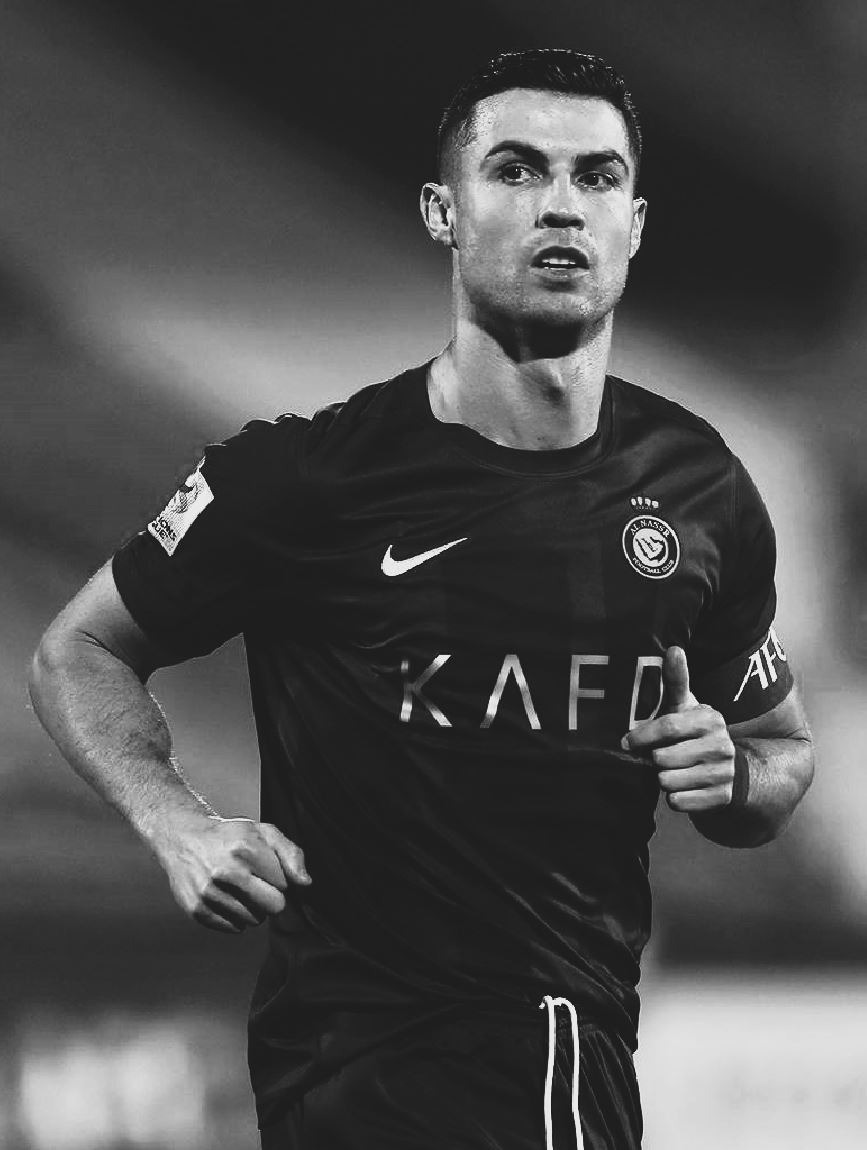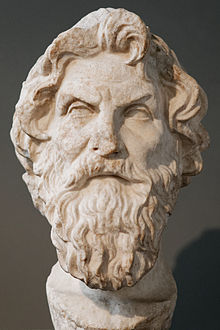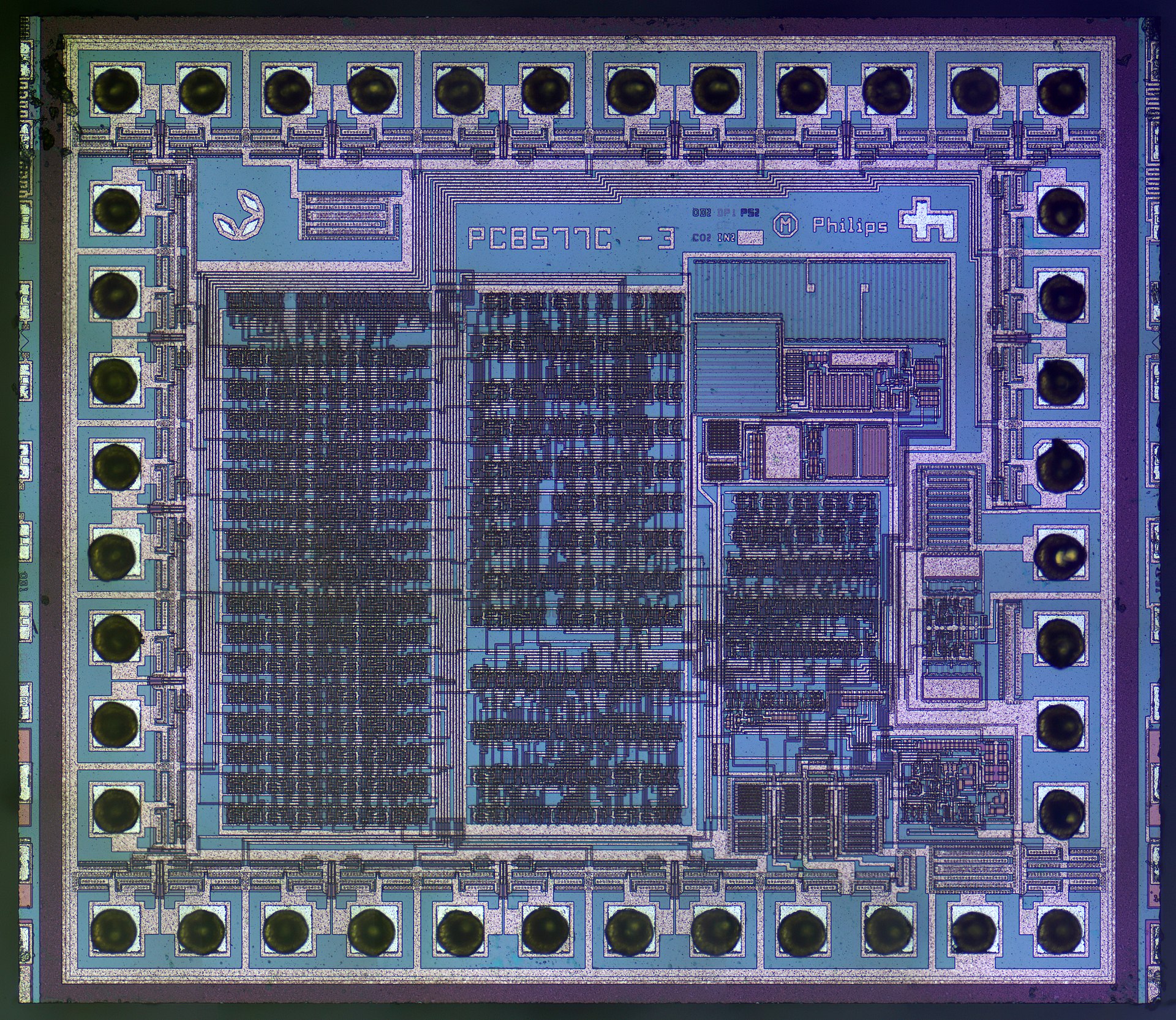The Life of Cristiano Ronaldo: A Journey from Humble Beginnings to Global Stardom

The Life of Cristiano Ronaldo: A Journey from Humble Beginnings to Global Stardom
Cristiano Ronaldo, one of the most recognizable athletes in the world, has risen to the pinnacle of football through a combination of extraordinary talent, relentless work ethic, and an unyielding determination to be the best. His life story, particularly his formative years, is a tale of overcoming adversity, familial sacrifice, and the pursuit of greatness. This article delves deep into the early life of Cristiano Ronaldo, tracing his journey from the small island of Madeira to the grandest stages of world football.
Early Life in Madeira: Humble Beginnings
Cristiano Ronaldo dos Santos Aveiro was born on February 5, 1985, in Funchal, the capital city of the Madeira archipelago, an autonomous region of Portugal. He was the youngest of four children born to Maria Dolores dos Santos Aveiro, a cook, and José Dinis Aveiro, a municipal gardener and part-time kit man for a local football team. His middle name, “Ronaldo,” was inspired by then-U.S. President Ronald Reagan, whom his father admired.
Ronaldo’s early life was marked by financial hardship. The Aveiro family lived in a small tin-roofed house in the impoverished neighborhood of Santo António. Despite the lack of material wealth, the family was close-knit, with Ronaldo often described as a quiet and introverted child who found solace in football.
From a young age, it was clear that Ronaldo had a special talent for the game. His father’s involvement with the local amateur team, Andorinha, where Ronaldo’s brother Hugo also played, meant that football was a constant presence in his life. Ronaldo would spend hours playing on the streets of Santo António, often with older boys, honing his skills and developing the technical ability that would later become his trademark.
Youth Football: The Early Steps
At the age of 7, Ronaldo began playing for Andorinha, where his father worked as a kit man. It was here that he started to draw attention with his natural talent, speed, and extraordinary dribbling skills. His performances soon caught the eye of Nacional, one of Madeira’s most prominent clubs, and at the age of 10, he joined their youth academy.
Ronaldo’s time at Nacional was brief but significant. His prodigious talent was evident, and it wasn’t long before he was scouted by one of Portugal’s biggest clubs, Sporting CP (Sporting Lisbon). The move to Sporting represented a major turning point in Ronaldo’s life. At just 12 years old, he left Madeira to move to Lisbon, a bustling metropolis far removed from the modest island life he had known.
The transition was difficult. Ronaldo struggled with homesickness and the pressures of adapting to a new environment. He missed his family and the familiarity of Madeira, but he channeled these feelings into his football. Determined to succeed, he trained with an intensity and focus that set him apart from his peers.
The Move to Sporting Lisbon: A Star in the Making
At Sporting, Ronaldo quickly progressed through the ranks. He was placed in the club’s famed academy, Academia Sporting, which had produced a number of top Portuguese talents. The facilities at the academy were a world away from the humble pitches of Madeira, offering Ronaldo the chance to develop his skills with top coaches and alongside some of the best young players in the country.
His rapid development did not go unnoticed. At just 16 years old, Ronaldo was promoted to Sporting’s first team, making his debut in the Portuguese Primeira Liga in 2002. It was clear to everyone who saw him play that Ronaldo was a special talent. His combination of speed, skill, and an unerring eye for goal made him a nightmare for defenders. It wasn’t long before he caught the attention of top clubs across Europe.
The Turning Point: Manchester United
The breakthrough moment in Ronaldo’s career came in 2003 when Sporting played a pre-season friendly against Manchester United. Ronaldo’s performance in that match was nothing short of sensational. He tormented United’s defense with his pace and trickery, leading the United players to urge their manager, Sir Alex Ferguson, to sign the young winger.
Impressed by what he saw, Ferguson acted quickly. In August 2003, Manchester United signed Ronaldo for £12.24 million, a record fee for a teenager at the time. The move to Manchester was another significant step in Ronaldo’s career, taking him from the relative obscurity of Portuguese football to the global stage of the English Premier League.
At Manchester United, Ronaldo initially wore the number 7 shirt, famously worn by club legends such as George Best, Eric Cantona, and David Beckham. This was a clear sign of the faith Ferguson had in Ronaldo, but it also came with immense pressure. However, Ronaldo thrived under this pressure, transforming from a talented but raw winger into one of the most complete and devastating forwards in world football.
Formative Years at Manchester United: Evolution into a Superstar
Ronaldo’s early years at Manchester United were characterized by flashes of brilliance interspersed with moments of inconsistency, a common trait for young players adapting to the physical demands of the Premier League. Despite this, his talent was undeniable. He quickly became a fan favorite at Old Trafford, with his dazzling footwork and audacious skills lighting up matches.
Under Ferguson’s guidance, Ronaldo began to refine his game. He worked tirelessly on his finishing, physicality, and understanding of the game. His dedication to improvement was evident in his training regime; Ronaldo would often stay behind after training to practice free kicks, shooting, and fitness drills.
The hard work paid off. By the 2006-2007 season, Ronaldo had become one of the best players in the world. He helped United win the Premier League title that season, scoring 17 goals and providing numerous assists. His performances earned him numerous individual accolades, including the PFA Players’ Player of the Year and the FWA Footballer of the Year.
The following season, Ronaldo took his game to an even higher level. He scored an astonishing 42 goals in all competitions, helping Manchester United win both the Premier League and the UEFA Champions League. His performances earned him the 2008 Ballon d’Or, awarded to the best player in the world, marking his arrival at the very pinnacle of the sport.
Legacy and Impact
Cristiano Ronaldo’s formative years, from the streets of Madeira to the bright lights of Old Trafford, are a testament to his extraordinary talent and unrelenting drive. His journey is a story of overcoming adversity, making sacrifices, and relentlessly pursuing excellence. It’s a journey that has inspired millions around the world, showing that with talent, hard work, and determination, it’s possible to rise from humble beginnings to achieve greatness.
Ronaldo’s impact on football is immense. He has redefined what it means to be a professional athlete, setting new standards for performance, fitness, and longevity. His success has paved the way for future generations of players, particularly from less privileged backgrounds, to believe that they too can reach the top of the sport.
Beyond football, Ronaldo is a global icon, known for his philanthropy, business ventures, and influence on popular culture. However, it is his formative years—those early experiences in Madeira, the challenges of moving to Lisbon, and the transformative period at Manchester United—that laid the foundation for his incredible career. These years shaped Ronaldo into the player and person he is today, and they remain a crucial part of his legacy.




